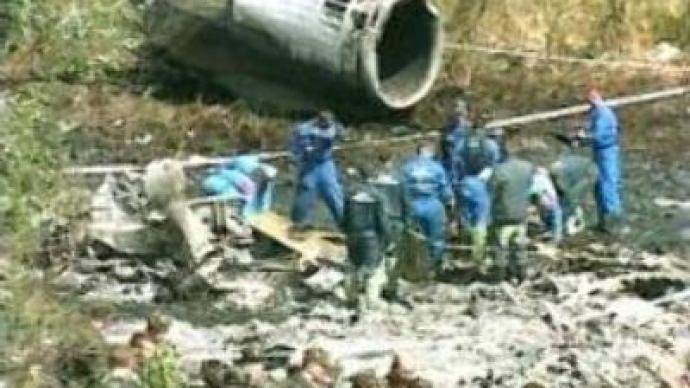Pilot’s lack of practice cost 170 lives

It has been revealed that a Russian passenger plane which crashed in Ukraine last August killing all abourd – 170 people, including 45 children - was being piloted by a trainee. The jet came down during a storm near the city of Donetsk.
An investigation into the crash found the pilot had not yet been trained to fly in stormy conditions.The TU-154 plane of the Pulkovo Airlines was on its way to Saint Petersburg from the resort town of Anapa when it disappeared from radars after apparently entering a turbulence zone, and crashed 45 kilometres north of the Ukrainian city of Donetsk. It took more than five months for the Interstate Aviation Committee, which includes Russian and Ukrainian officials, to carry out the comprehensive investigation. According to the report, “The crew's lack of control over flight speed and failure to follow flight manual recommendations on preventing aircraft from stalling, coupled with poor teamwork among crew members, led to the disaster.” As Aleksey Morozov, Deputy Head of the Aviation Committee, explained, “The committee has concluded: one of the factors that led to the disaster was the level of training of the second pilot and a lack of control over the aircraft’s speed. At the time of the accident, the second pilot was responsible for overseeing the aircraft's speed.”The passenger TU-154 plane is the most widely used aircraft in Russia. It entered service with the country’s main carrier in 1972 and now makes up a third of the Aeroflot fleet. But recently, Aeroflot announced plans to replace all of its TU-154 jets with new generation planes by 2010.And according to Russia's Transport Minister, Igor Levitin, “TU-134 and TU-154 planes will be phased out of civilian aviation within the next five years. At the moment there are 270 such planes. But now we don’t have enough aircraft to replace them all.”
You can share this story on social media:












